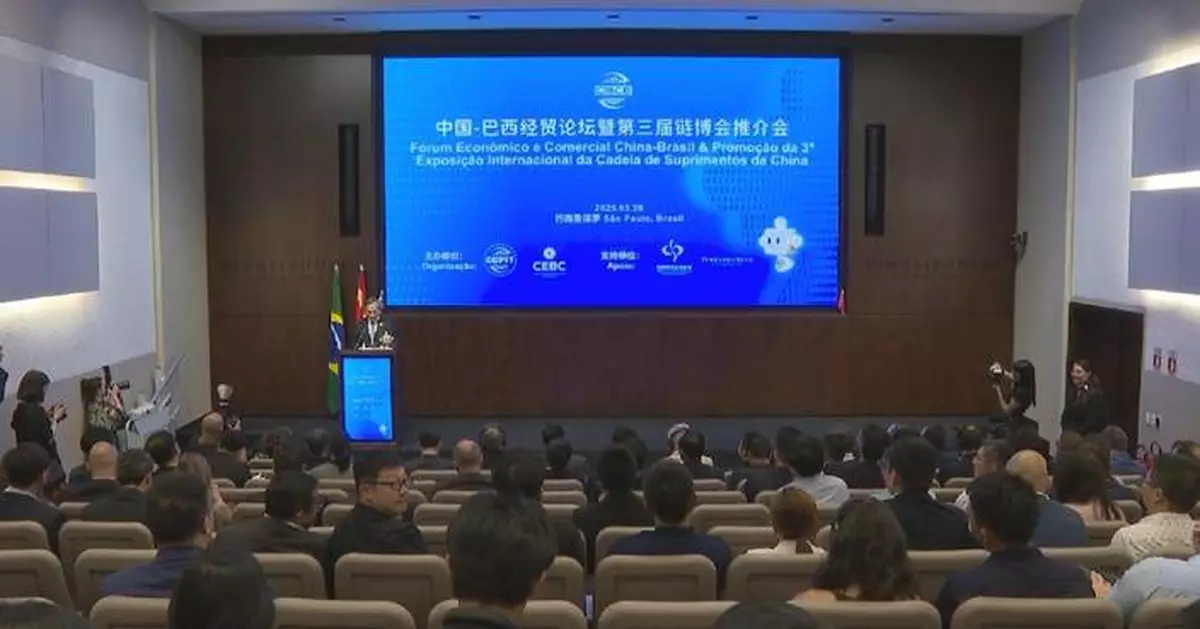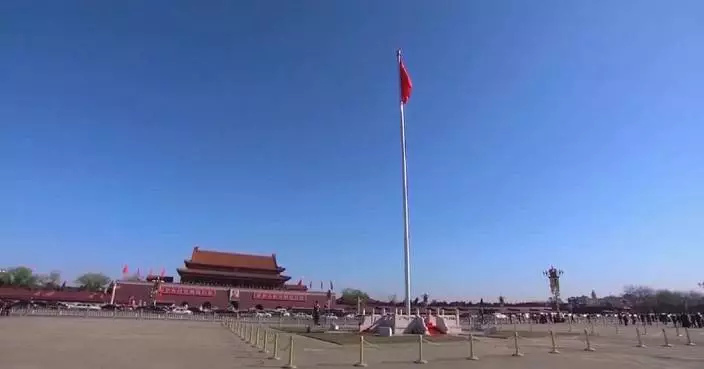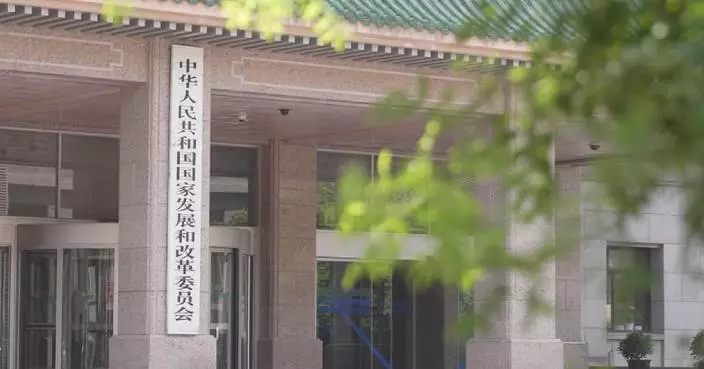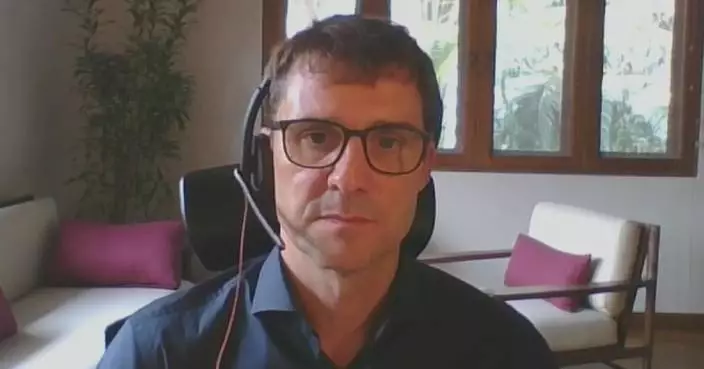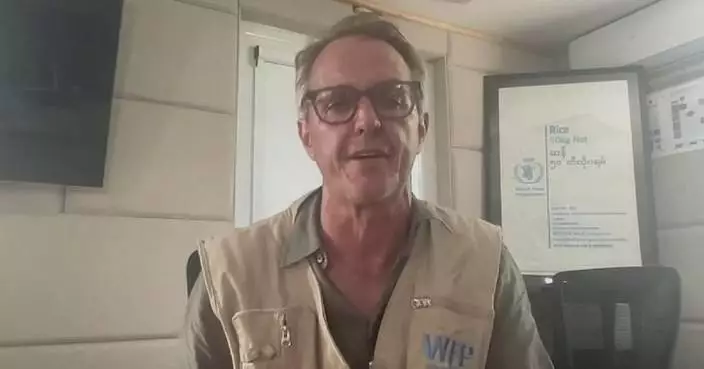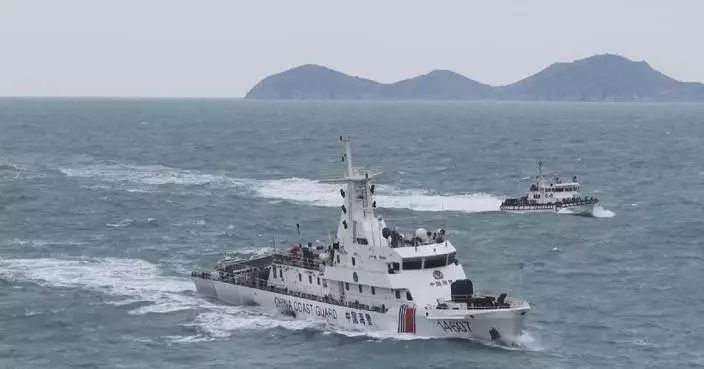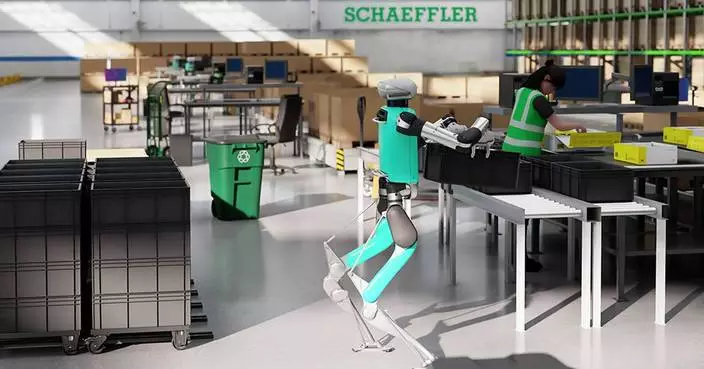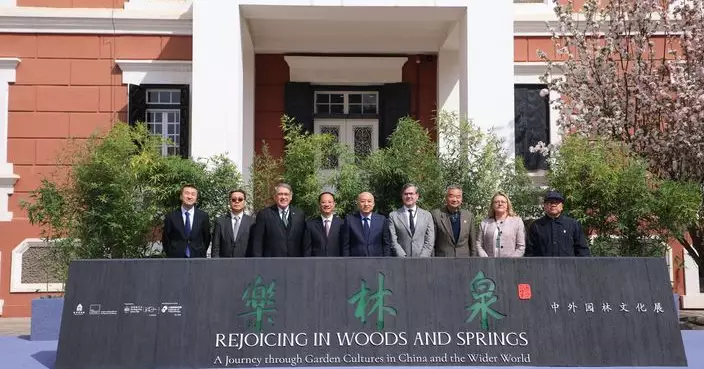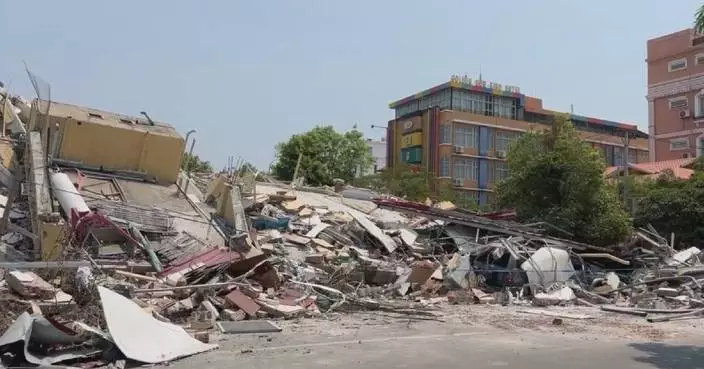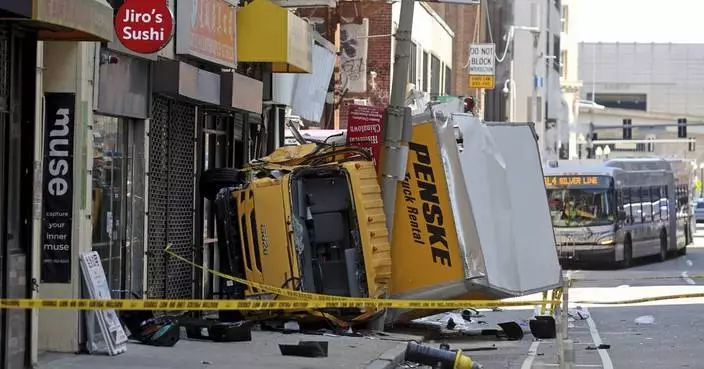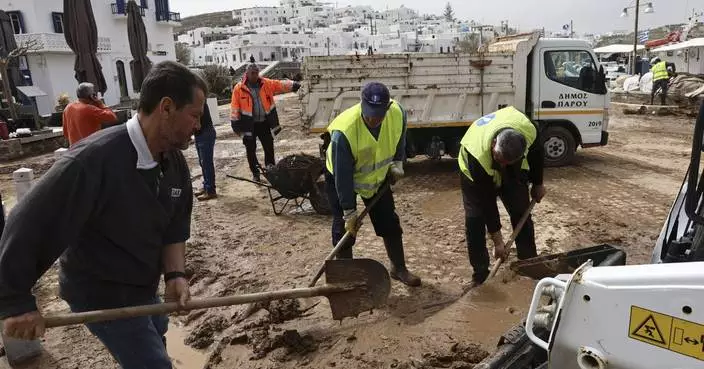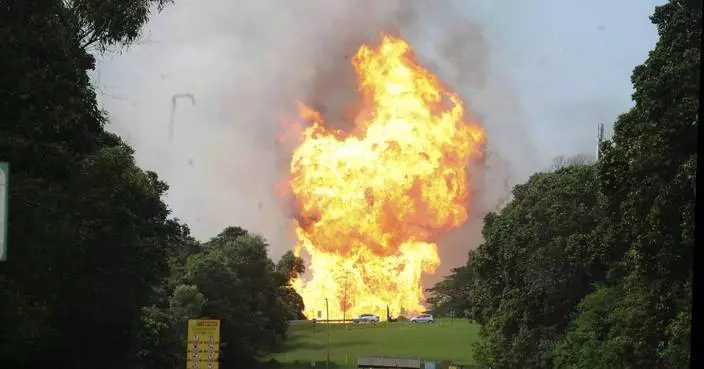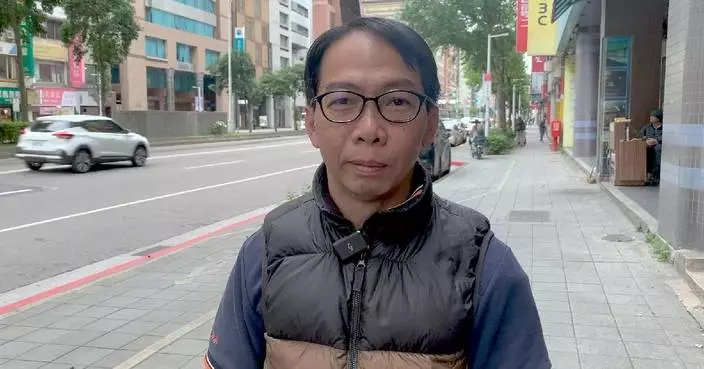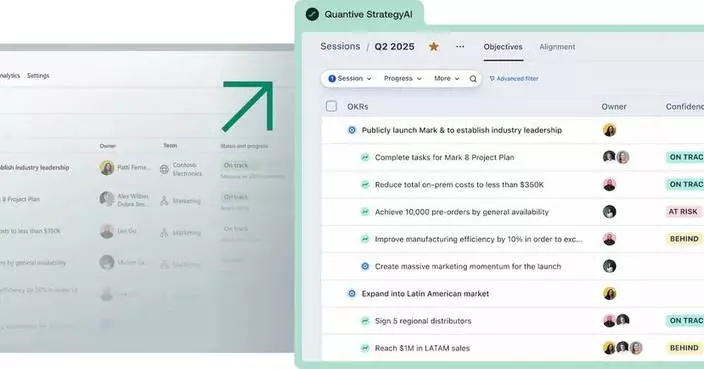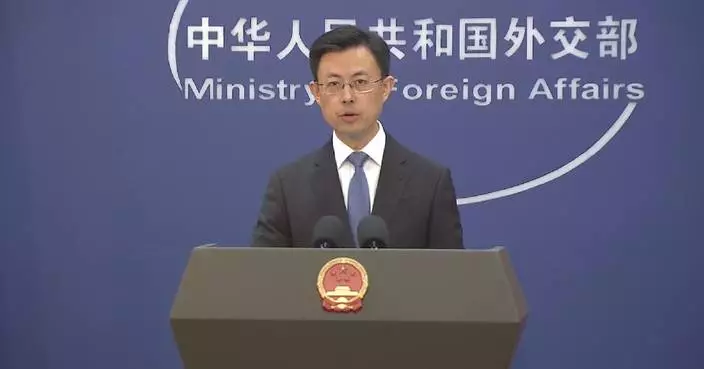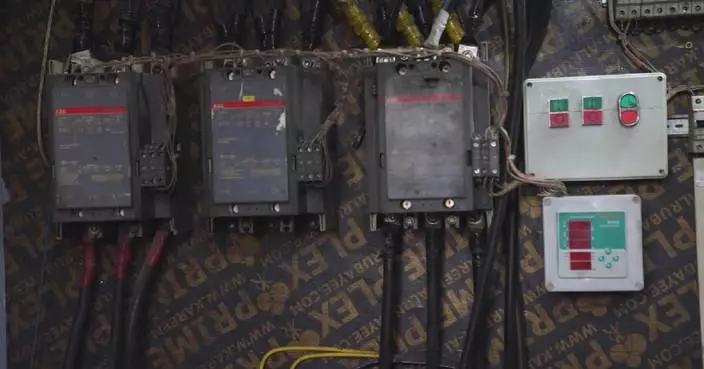China and Brazil convened the Economic and Commercial Forum in Sao Paulo on Friday, aimed at strengthening cooperation in the industrial chain sector.
Co-hosted by the China Council for the Promotion of International Trade (CCPIT) and the Brazil-China Business Committee, the forum also served as the third China International Supply Chain Expo Promotion Conference.
In his speech at the event, CCPIT President Ren Hongbin highlighted that China is willing to work with Brazil to foster new growth drivers for cooperation and expand new space regarding industrial and supply chains.
Meanwhile, Brazilian participants emphasized the strong resilience of the economic and trade relations between Brazil and China amid global challenges. They expressed hope that companies from the two sides will leverage the expo to drive sustainable growth.
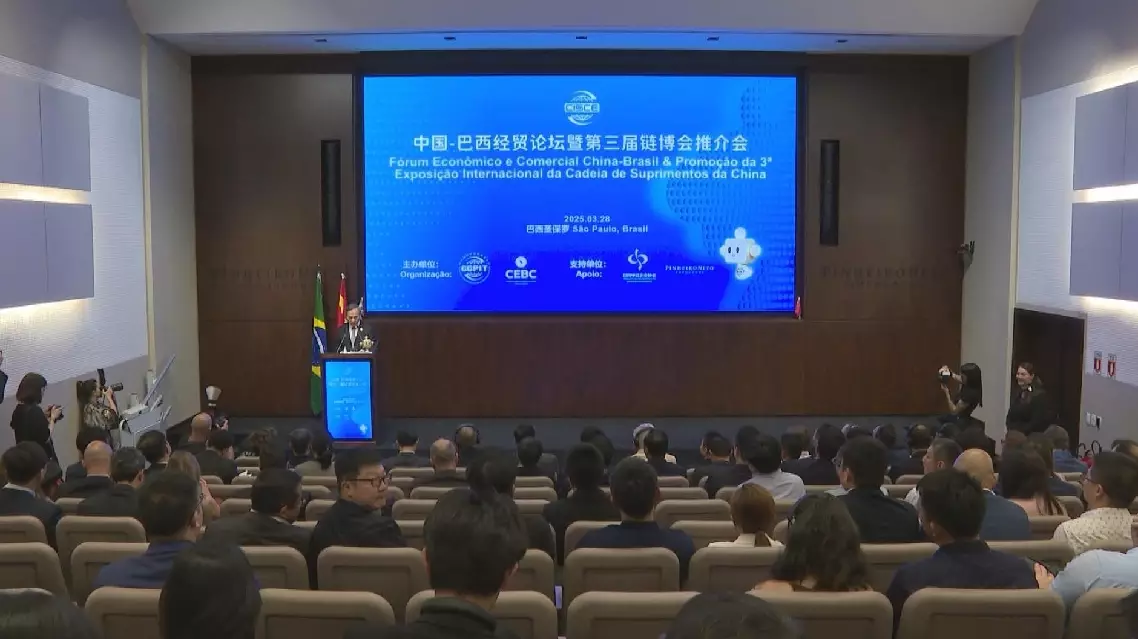
China-Brazil forum strengthens industrial, supply chain cooperation
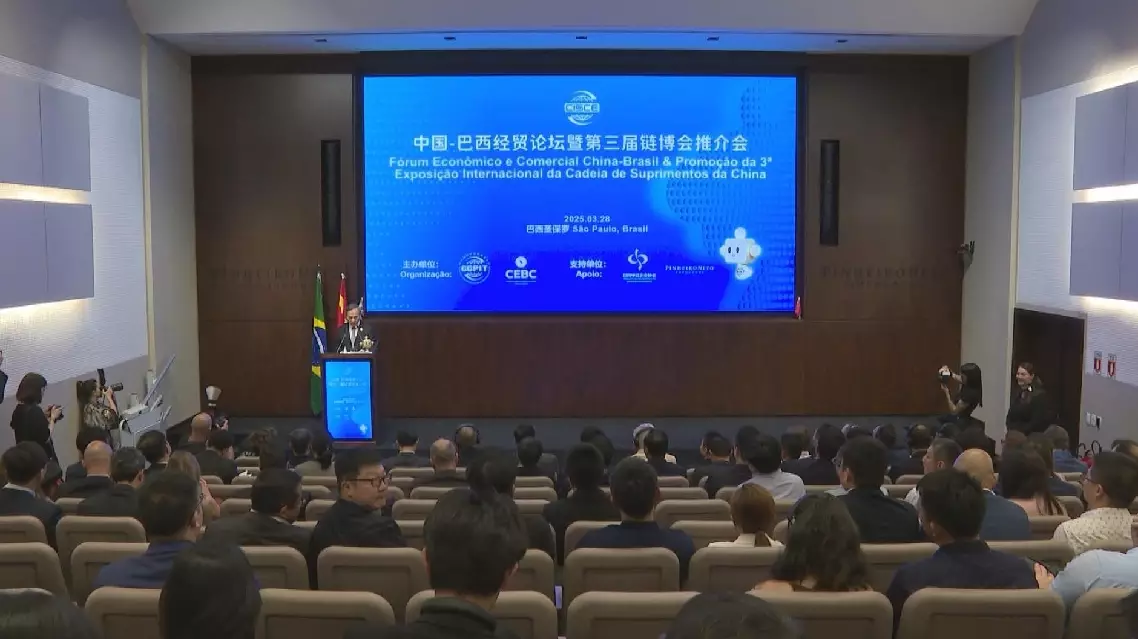
China-Brazil forum strengthens industrial, supply chain cooperation
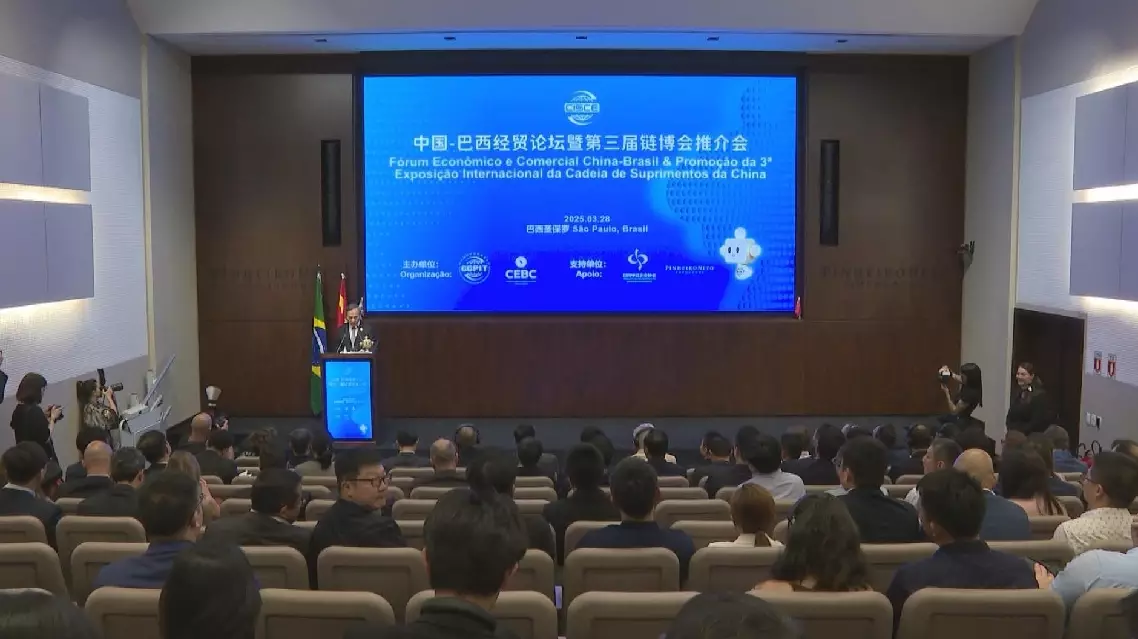
China-Brazil forum strengthens industrial, supply chain cooperation
Los Angeles is grappling with rising costs and delays in its wildfire recovery process, as tariffs on construction materials imposed during the Trump administration compound the challenges.
The devastating wildfires recently destroyed over 17,000 homes and businesses, leaving communities urgently pushing forward with reconstruction.
The Trump administration has recently rolled out new tariffs on a wide range of construction materials, including steel and aluminum, from the main trading partners of the United States, such as Canada, Mexico, and China. This has significantly driven up costs, further complicating the recovery efforts
"As the city and county of Los Angeles move aggressively to rebuild the wildfire areas in Malibu, Pacific Palisades, and up in Altadena, to build those houses, we need softwood lumber, aluminum, and steel from Canada," said Gene Soroka, executive director of Port of Los Angeles.
While the tariffs aim to boost domestic production, the transition will take time. In the interim, the shortage of materials is creating ripple effects across the construction sector.
"We are still handling a lot of imported steel, despite the tariffs because there's not enough American manufacturing of steel right now. So, one of the unintended consequences that this has done the wrong way is you don't have enough steel. That impacts construction, that impacts economic growth across the board," said Weston Labar, chief strategy office of Waterfront Logistics.
According to the Associated General Contractors of America, housing costs could skyrocket by almost 50 percent, widening the gap between insurance payouts and actual rebuilding expenses. It may force many homeowners to delay or even abandon their reconstruction plans, prolonging the housing shortage in Los Angeles.
Tariffs are also driving up prices for other products, impacting recovery efforts.
"We need appliances from Mexico, furniture from China, and all of those prices are going up, whether anticipatory, or real as these imports are coming across our port complex. So, we've got to have some pretty detailed discussions about this because families who want to rebuild, businesses who want to get back into the office are going to be impacted by these tariffs one way or another," said Soroka.
As Los Angeles strives to recover, the economic uncertainty caused by tariffs presents a formidable obstacle.
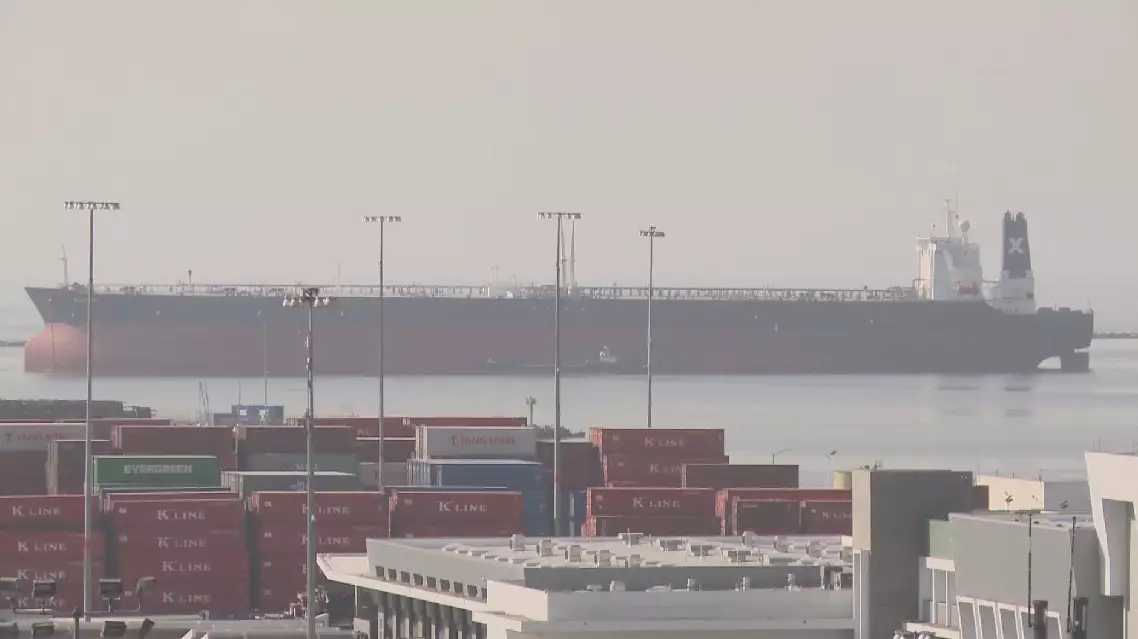
Tariffs add strain to Los Angeles wildfire recovery efforts





